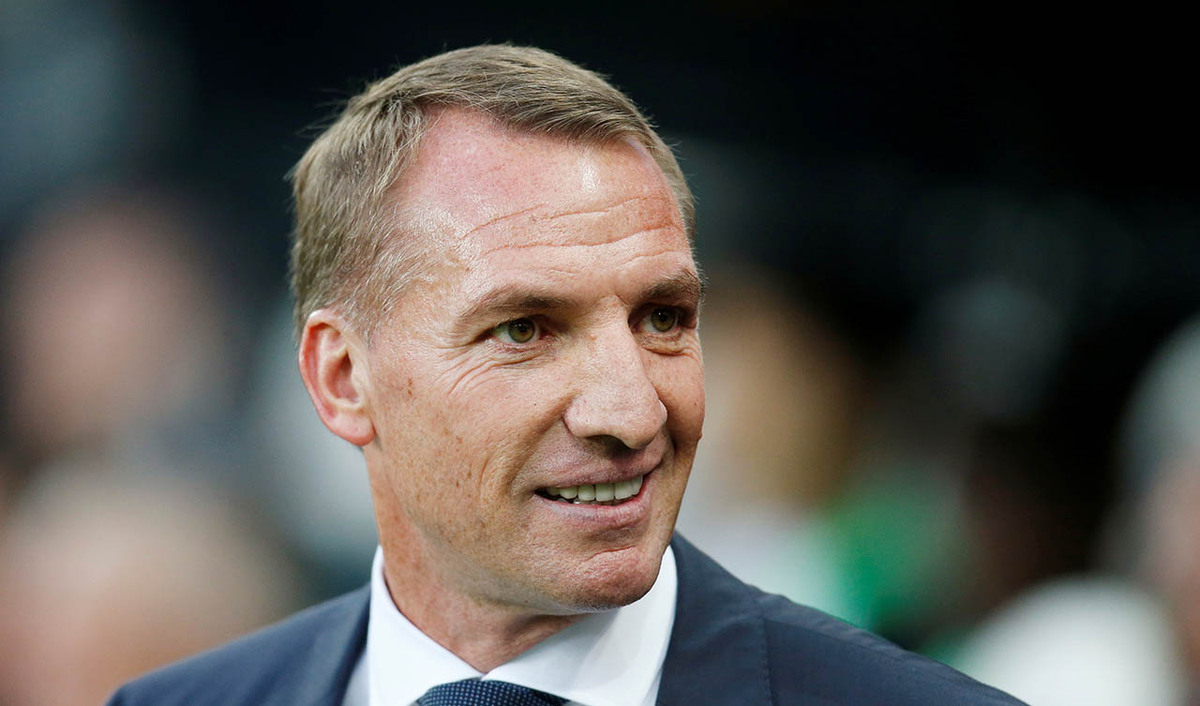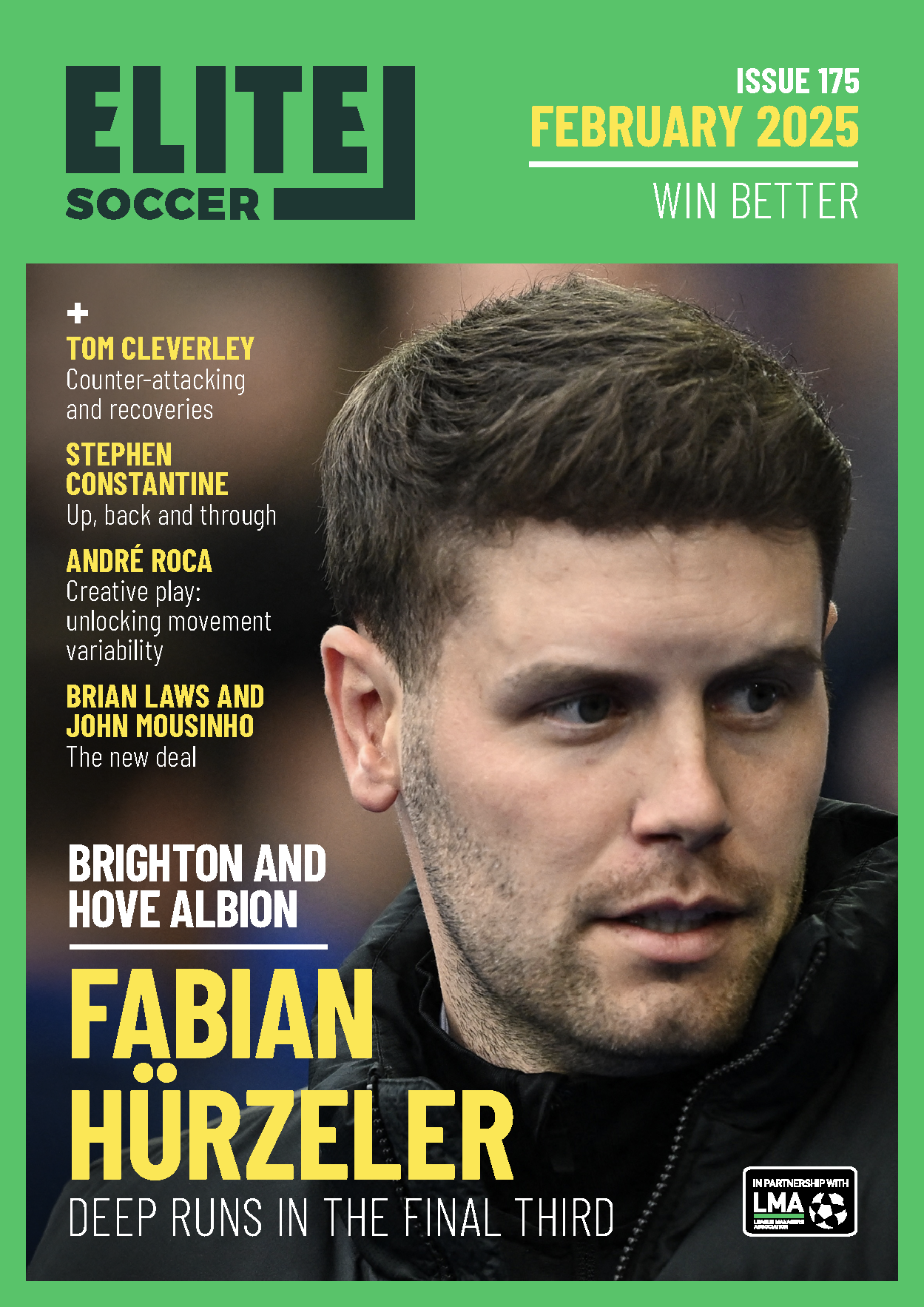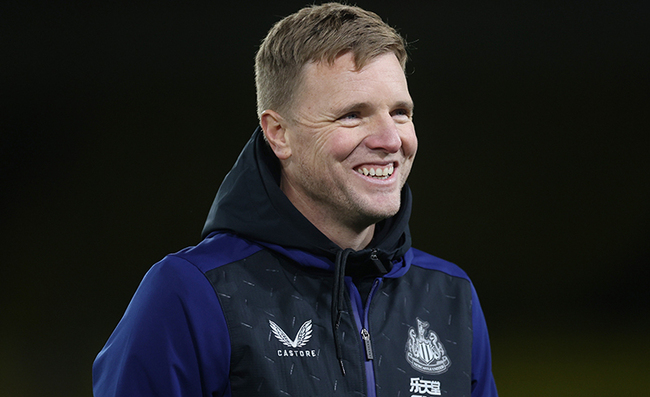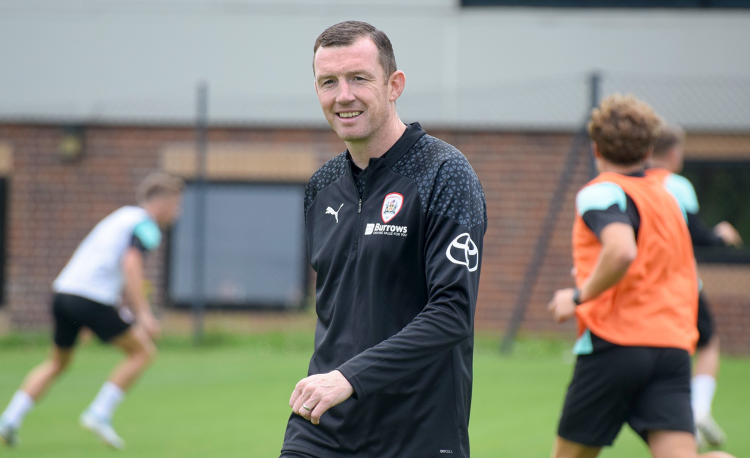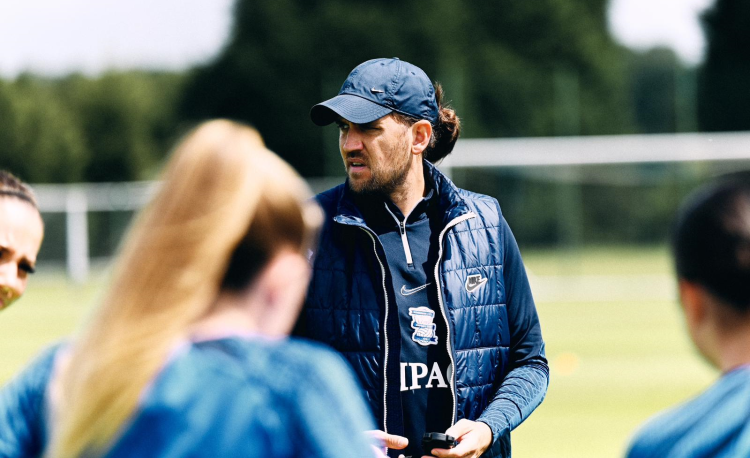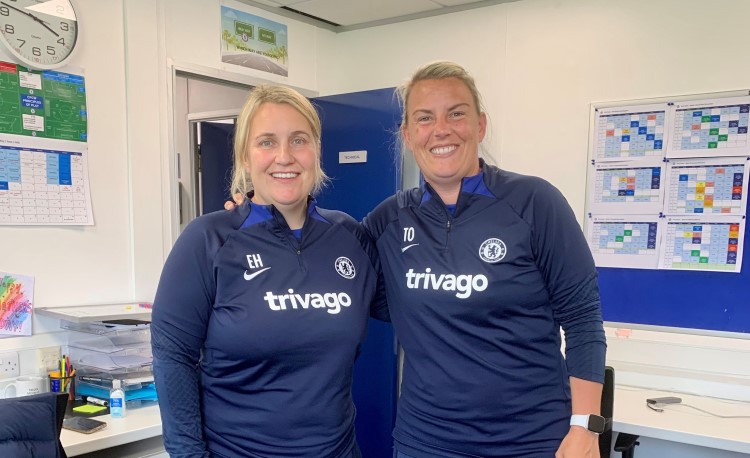You are viewing 1 of your 1 free articles
Creating a learning culture
Celtic manager Brendan Rodgers believes that creating the right environment at a football club is vital to his style of management.
Great leadership is as much about creating the right environment for personal and professional development as it is working on people’s skills and behaviours day to day, says Celtic manager Brendan Rodgers.
After injury ended his hopes of a senior playing career at only 20 years of age, Brendan Rodgers turned his hand to coaching, starting as a youth coach and then academy director at Reading before joining José Mourinho at Chelsea in 2004.
Having proven himself as a youth coach, Rodgers rose to the position of reserve team manager, remaining at Chelsea until 2008 when the chance to take the helm of Championship side Watford beckoned. A year later and an offer to manage Reading was too good to resist but it was, admits Rodgers, a case of right club, wrong time and he departed later the same year.
After a short break from the game to refresh and reflect, Rodgers returned to management in July 2009 at Swansea City, where he comfortably secured the side’s place in the 2011 Championship play-offs and subsequent promotion to the Premier League. It was a first for any Welsh side and for him as a manager. Undaunted, Swansea exceeded all expectations to finish 11th in the Premier League and earned Rodgers a nomination for the LMA Manager of the Year award.
In June 2012 Rodgers was appointed manager of Liverpool FC, guiding the club to a seventh place Premier League finish during his first season in charge. The following season the club finished second, its highest finish in five years, after a closely contended title race with Manchester City. The achievement saw Rodgers named LMA Manager of the Year and enabled him to gain invaluable experience of managing Liverpool in the Champions League the following season.
Rodgers took the helm of Scottish Premiership champions Celtic in May 2016, immediately securing qualification for the Champions League – the first time in three years for the club.
Here he talks about his career to date and why creating the right environment is integral to his style of management.
Tell me a little about your upbringing in Northern Ireland and how that shaped you as a manager.
I grew up the eldest of five brothers in the small village of Carnlough on the coast of County Antrim. It was a wonderful community in which everyone looked out for, supported and respected one another, and I had a very happy childhood.
I was always very conscious of the responsibility that came with being the eldest sibling and I felt that I was representing my family. My parents were my greatest role models and throughout my childhood and adolescence I always wanted to do well and make them proud.
They were both incredible in terms of the values they instilled in me – values of respect, being courteous and caring, looking after people and working hard. My mother was very much the carer of the family and she also did a lot of work for charity, raising many thousands of pounds for good causes. My father, meanwhile, worked very long hours doing a number of jobs to make ends meet and look after the family. We never had a lot of money, but I always felt that I was rich in terms of love and security.
Would you say these values have influenced your style of leadership?
It has always been important to me to look after the mental wellbeing of those in my team as well as their physical fitness, because happy people learn and happy people win. I try to create a comfortable learning environment for everyone, whoever they are, whatever their background and whatever level they’re currently at. As a leader you have to create a culture where everyone feels confident to learn and flourish.
Ensuring that players feel confident and happy has always been important to me and to a great extent that ethos was influenced by my own experiences as a developing player. The impact that former Reading manager Ian Branfoot had on me was especially important. Reading was the first club that I played for and as the first-team manager Ian showed great respect and care for players throughout the club.
I remember when I first turned up to meet him I was wearing a suit and he asked me why. I replied that my mum and dad had told me to wear it out of respect and he understood and respected that attitude. He was a really positive role model and his influence has stayed with me to this day.
You decided to move into management when your playing career was cut short. I understand you also spent some time travelling around Spain on study visits to gain insight.
I think I knew at the back of my mind as a player that it was going to be tough for me to reach the level I wanted. Then, when I became injured, I had time to reflect on my future in football and decided to take a new direction and follow a career in coaching.
After completing my qualifications I had time on my hands and decided to use it to my advantage by travelling to Spain and visiting a number of clubs. I specifically chose clubs that I felt were most attuned to my views on the game, such as having a top-to-tail philosophy and a strong connection between the youth and first-team sides. I was fortunate to have contacts who were able to put me in touch with people out there and I travelled around both Spain and Holland. During that time I tried to absorb as much information as possible and keep abreast of trends in the game.
It was also a good opportunity to practise my Spanish. I set myself some personal and professional goals between the ages of 20 and 30 and learning Spanish was one of them, as I’ve always admired people who are multilingual. I went first to night school and then to college and when I moved to Chelsea I had the opportunity to practise with the Spanish players and so continued to learn.
I’ve also studied a little Italian and French because I think language skills are very important. They help you to build a rapport with people and make them feel more comfortable.
After working as a youth coach at Reading you moved to Chelsea to work first as head youth coach and then reserve team manager under José Mourinho. That must have been a great learning opportunity.
It was. Prior to that I’d spent 10 great years at Reading under incredible managers such as Alan Pardew, Tommy Burns and Steve Coppell, all of whom I learned a lot from. But I was ready for a new challenge and I knew that a move to Chelsea would give me the chance to work with some of the top young talent in the country and a manager who had just won the Champions League. I saw it as an amazing opportunity to learn and improve.
During my time with the club, José was truly inspirational in every way. Being a manager was his calling. He would arrive early with everything prepared, engage with all of the staff and then provide coaching sessions that developed and nurtured each player to be the best they could be. He was a wonderful and supportive mentor to me; very clear and open in his communications and happy to exchange ideas.
I was at Chelsea at a fantastic time in terms of the structure of the club and the standard of people I was surrounded by. There were great people in the academy and Frank Arnesen was there. He provided great support because of his experience in the game. I was a sponge to everything and determined to be the best I could be.
When your first chance to become a first-team manager came at Watford you must have felt pretty well prepared.
In terms of the training I’d had and how comfortable I felt in that environment yes, but when you walk into a club on the first day as its manager it’s totally different. You can’t really prepare for that and being a number two doesn’t come close.
I remember the first day that we walked out into the stadium to play Doncaster, the realisation that all the hopes of the supporters rested on my shoulders. You get to enjoy a match like that as a first-team coach, but when you’re the manager you really understand the responsibility of it.
Managing your former club, Reading, must have been too good to refuse, but it ended prematurely. What did you learn from that experience?
The long-term plans I had for Reading didn’t match the shorter-term expectations the club had of its manager at that time, so the most important lesson I learned is that you should never make assumptions. I’d been at Reading since I was 13, as a young player and then coach and academy director, so by the time I left in my late 20s I’d had a 14-year engagement with the club. I thought I knew it inside out, but in the five or six years that I’d been away it had changed quite a lot. It was definitely the right club for me, but maybe it wasn’t the right time.
Your next step, Swansea, must have been a better fit as it went phenomenally well.
In the period after leaving Reading I wrote to some clubs that were without managers but had no success getting an interview. I was beginning to wonder if I might have to return to a coaching role in order to get back into management, but then I had a call from Huw Jenkins at Swansea and we hit it off straight away. He totally understood how I wanted to work and he shared his philosophy and expectations with me, so everything was clear and understood on both sides from the start. It felt right.
The challenge for me then was to follow in previous manager Paolo Sousa’s footsteps after the side had just missed out in the play-offs. I needed to keep Swansea in the league and see how I might progress them over the next few years, despite having a budget that was much lower than many of the clubs we would be competing against. I was delighted that we were able to achieve Premier League status for the club and the people of Swansea, who are a terrific community.
Your next move was to Liverpool. Did that feel like a big step up?
I’d coached from youth level all the way up for 15 years before becoming a manager, but the sheer size of Liverpool excited me. When I look back I realise that it took me six months to really get a proper grasp of everything. It was a real privilege to manage such an iconic club and to be able to impose the style of football that we wanted.
I knew going into the role that one of our main goals would be to qualify for the Champions League within three years, and that would mean developing the team to play a certain style of football. I’ve always tried to be clear about the style of football I wanted from the players and that also needed to fit in with Liverpool’s style of creative, attacking football. Our style developed over the years that I was there and I was very proud that we finished as runners up, qualifying for the Champions League.
My best memories of my time with the club will be of working with a terrific group of players to make the fans happy and how they enjoyed watching our football. I’ll never forget that stage of my career because it made me a better manager.
The period after I left the club was also very important to me, because after five relentless years of hard work and study and all the pressure that goes with the job, I needed time to rejuvenate. Football is very much about mental fitness, so to retain that enthusiasm you need time to revitalise in every way. I had another job offer the day after I left Liverpool, but I wasn’t ready to go back into management straight away and I was fortunate in that I didn’t need to rush into anything.
Instead I took some time to reflect, to travel and aside from watching my son play at Swindon I had a detox from football. It wasn’t until the New Year that I started to think about what my next challenge might be.
You arrived at Celtic having experienced the scrutiny and expectations that come with managing a massive club like Liverpool. That experience must have stood you in good stead at Celtic.
After managing at Liverpool it was always going to be important for me to move to a club with a similar profile in terms of size and the level of expectations, and although Celtic doesn’t have the platform of the Premier League it is a great fit for me. What’s more, I grew up a Celtic supporter and knew the club well. That and the fact that I was following on from some great managers and was being given freedom to be the architect of the club really appealed. I and all of the staff have been overjoyed with how well we’ve been received here.
The biggest challenge for us as a club was qualifying for the Champions League and doing so has given us a great platform to build on. Given that we have roughly a fifth of the budget of some of the superpowers in our group we knew from the start that it would be difficult but that the experience for the players would be invaluable.
Playing and losing to Barcelona was tough for us all, but we learned from it. We knew that it could have happened to any club and that it would be how we responded in our next match against Manchester City that would matter most. Every manager and player feels the pressure, but it’s how you interpret and frame the situation that makes the difference. I try to frame big matches like that in a positive way – as challenges to be excited about rather than anxious. If you can do that it allows you to enjoy the experience and perform better.
Although the game against Manchester City was a tough challenge, we were able to produce a performance that I was very proud of. The players showed great resilience and with the incredible support and inspiration of the fans we showed just what we are capable of.
Editor's Picks
Deep runs in the final third
Using the goalkeeper in build-up play
Pressing principles
Intensive boxes drill with goals
Penetrating the final third
Creating and finishing
My philosophy
Pressing initiation
Compact team movement
Coaches' Testimonials

Alan Pardew

Arsène Wenger

Brendan Rodgers

Carlos Carvalhal

José Mourinho

Jürgen Klopp

Pep Guardiola

Roy Hodgson

Sir Alex Ferguson

Steven Gerrard
Related
Unlocking the wing backs
Building the attack and third player runs
Play around to play through
Coaches' Testimonials

Gerald Kearney, Downtown Las Vegas Soccer Club

Paul Butler, Florida, USA

Rick Shields, Springboro, USA

Tony Green, Pierrefonds Titans, Quebec, Canada
Join the world's leading coaches and managers and discover for yourself one of the best kept secrets in coaching. No other training tool on the planet is written or read by the calibre of names you’ll find in Elite Soccer.
In a recent survey 92% of subscribers said Elite Soccer makes them more confident, 89% said it makes them a more effective coach and 91% said it makes them more inspired.
Get Monthly Inspiration
All the latest techniques and approaches
Since 2010 Elite Soccer has given subscribers exclusive insight into the training ground practices of the world’s best coaches. Published in partnership with the League Managers Association we have unparalleled access to the leading lights in the English leagues, as well as a host of international managers.
Elite Soccer exclusively features sessions written by the coaches themselves. There are no observed sessions and no sessions “in the style of”, just first-hand advice delivered direct to you from the coach.
